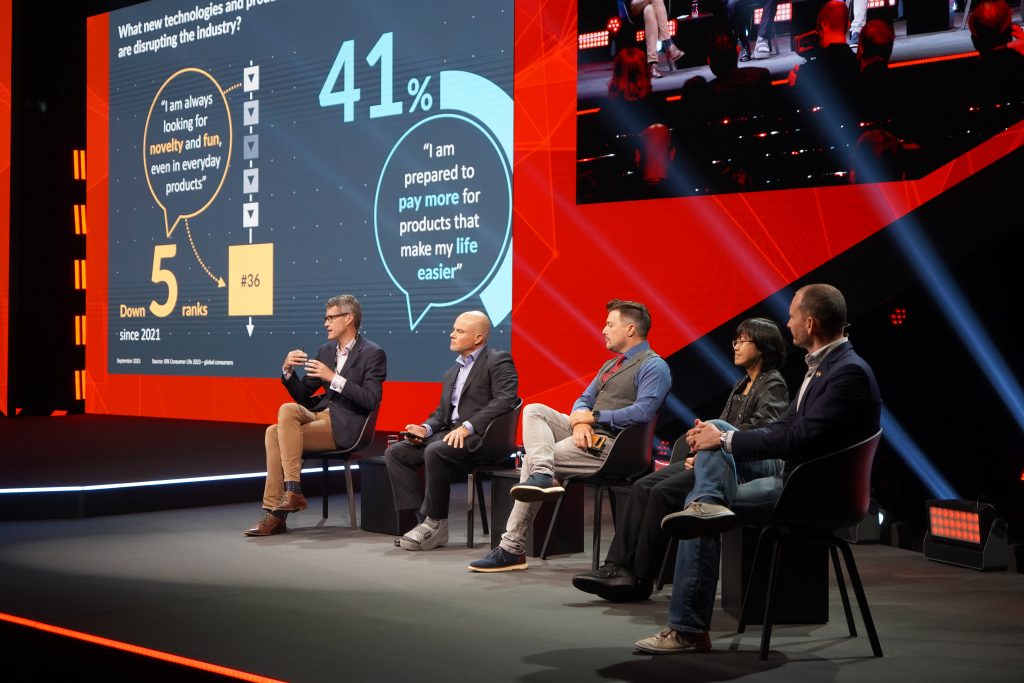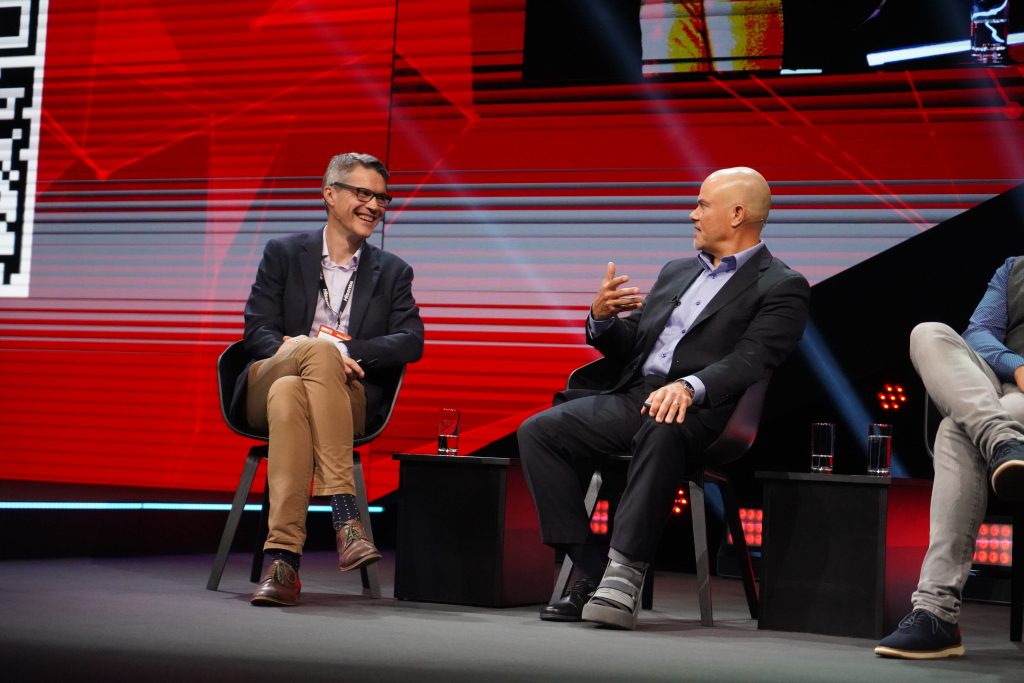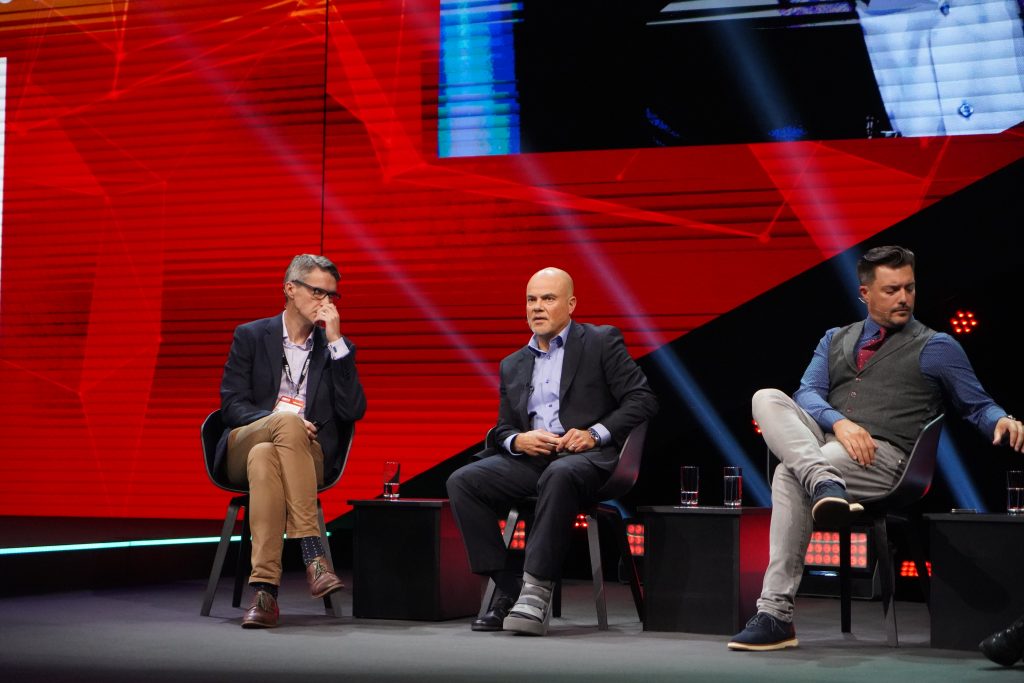During the IFA Berlin 2023 conference, a panel discussion titled “Staying Ahead of the Curve: Exploring Mega Trends Driving Innovation in Electronics and Appliances” brought together industry experts to discuss the evolving landscape of technology, consumer preferences, and sustainability in the electronics and appliances sector.

The panel, led by Global President for Tech and Durables at NIQ GfK, Warren Saunders, featured notable guests, including YouTuber Michael Fisher (Captain2phones), Ratna Sita, the Head of Research at Euromonitor International, Bill Darcy, CEO of the National Kitchen and Bath Association (NKBA), and Pierre Coppin, the Deputy MD for Mobile Sky.
Changing Perceptions of Innovation
The panelists discussed how consumer perceptions of innovation are evolving. Consumers are now seeking innovation that provides real value and longevity, with people looking to hold onto devices for extended periods of time.
Bill Darcy shared insights from the home appliance sector, mentioning a growing interest in products focused on healthy eating, food preservation, and convenience, such as cameras in refrigerators to monitor inventory.

“We’re seeing in the US healthy eating and cooking somewhat accelerated by what happened at COVID, focusing on the home in the kitchen specifically,” explained Darcy, “but in refrigeration we’re looking at things like food preservation so people can eat healthier vegetables while preserving those vegetables for longer in their refrigerator.”
Multi-use appliances are also gaining popularity as consumers look for efficiency in the kitchen.
“Obviously cameras are in everything,” Darcy continued. “Cameras in the fridge where you can check your inventory without actually having to open the refrigerator door. For cooking, we see devices that are also popular such as three-in-one convection, microwave, steam appliances.”

Mobile Hardware and Flexible Displays
Michael Fisher emphasized the impact of flexible displays on the mobile industry. He highlighted the introduction of foldable phones and their potential to transform the way we use smartphones.
“You know, every phone now is a little square rectangle you put in your pocket, it works very well, but it really hasn’t changed much in terms of form factor. And after all that time, relative stagnancy,” said Fisher. “Now we have devices that literally changed the way you use your smartphone. Got a large format foldable, that could be a tablet on demand, you can fold it up and put it in your pocket. There are small format ones that starts out a regular size and then you can compact it to half the size and put it away.”
Flexible displays offer the possibility of adapting the device’s form factor to meet users’ needs, making it a significant innovation in the mobile sector.
Future Trends and Collaboration
The panelists concluded by discussing future trends. Michael Fisher emphasized a shift towards hybrid models that integrate hardware and services. Collaboration between hardware manufacturers and service providers is becoming increasingly important.
Bill Darcy highlighted the importance of improving user experiences and security, especially as technology continues to advance. He stressed that brands focusing on security, comfort, and entertainment would lead the way.

“One of our designers recently said,” Darcy explained, “if you can hit comfort and security and entertainment, all those boxes, those will be the brands that lead.”
The panel discussion at IFA Berlin 2023 showcased the industry’s dynamic nature and the need for innovative solutions to meet evolving consumer demands while addressing global challenges like sustainability and cost of living pressures. As the industry continues to evolve, businesses that adapt and collaborate are likely to stay ahead of the curve.















